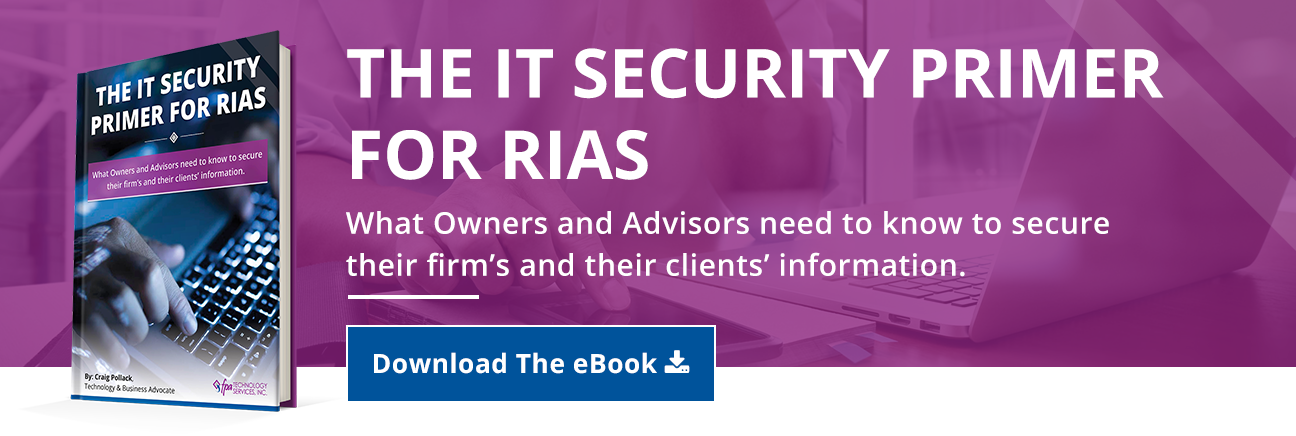Everything that we do today using technology today leaves a digital footprint. A digital footprint can be something positive or negative, depending on the context and what the goals are that you wish to accomplish.
But what is a digital footprint and why is it important? According to Dictionary.com, the meaning of a digital footprint is:
“One's unique set of digital activities, actions, and communications that leave a data trace on the Internet or on a computer or other digital device and can identify the particular user or device.”
There are two main types: an “active digital footprint” and a “passive digital footprint.” Digital footprint examples can be an email that you send or a Skype call you receive from a client (both are examples of active digital footprints), or your web search history that is stored on a search engine’s server somewhere in the world (a passive digital footprint). Your digital footprint and reputation are linked; the former can affect the latter, as well as impact your firm’s security and the safety of the data your servers hold.
Not only can hackers potentially use your information against you or your clients, but the U.S. Internal Revenue Service (IRS) also uses increasingly high-tech tools to scour the digital footprints of both individuals and businesses alike.
As a Los Angeles registered investment advisor (RIA), it’s your responsibility to be aware of the digital footprint that you and your employees leave behind — whether intentionally or otherwise. As a managed service provider (MSP) and a managed security service provider (MSSP) serving investment advisors in the greater Los Angeles area, I’m here to help you understand the reach and impact of your digital footprint information and its effect on your digital reputation, as well as provide some ways that you can reduce it.
1. Understand the Extent of Your Digital Footprint Activity
The first place to start in getting a handle on your digital footprint is to search for your name to see what information results. As an investment advisor, you are viewed as a financial industry leader and need to protect your digital reputation.
As a note, you may have to search for your name a few ways:
- First and last name only;
- First, middle, and last name;
- First, middle, and maiden name;
- First, maiden, and your married surname; and/or
- Any other names you may have used if you’ve changed your name at any point.
Just prepare yourself for the frightening results of your digital footprint; it’s disturbing just how much of your private and professional information is available to the casual user who comes across your profile. This information can include a wide variety of information, including:
- Your full name;
- Current and past residential addresses;
- Phone numbers;
- Email addresses;
- Job titles and businesses where you’ve worked;
- Organizations you’re affiliated with;
- Political party affiliation;
- Names of family members and friends;
- The cities of people related to you;
- Photos of you; and/or
- Any online reviews you may have posted (such as Yelp, Google+, or other websites).
2. Remove Your Information from Data Collection Websites
Data collection websites can significantly impact your digital footprint and online presence. Visit each of the top web search results sites to view your information — this can include websites such as Spokeo, Intelius, and MyLife. These sites, essentially, compile your information and available data from a variety of sources around the web to create a “profile” of you.
There are two main ways to move this information from their websites to reduce your digital footprint activity: 1) You can pay a company to remove the information for you around the web, or 2) you can reach out to each of the sites directly.
If you choose “door number two,” you can use Spokeo’s Opt-Out web page and Intelius’ Out-Out page to request to have your information deleted. These processes only take a minute or two each and will likely take up to 7-10 business days to complete, but it is worth it. MyLife is more difficult — you likely will have to send them an email (privacy@mylife.com) to request to have your information deleted. Be prepared to receive a sales pitch, but continue to tell them you want your information to be removed.
3. Check Your Privacy Settings to Limit Your Digital Footprint
If you’re like the majority of people in the world, you likely have some form of social media presence. Social media networks, which play a major role in your digital footprint, can include any personal profiles you may have on Facebook, Twitter, Instagram, LinkedIn, or even an old profile you forgot about on MySpace. If you have an account you’re no longer using, go back and delete it. For your current accounts that you use, be sure to check your privacy settings to make sure they are set to the highest possible security options.
Remember: Any information that you may have posted at some point — such as answers to an old survey about your favorite colors, foods, music, and places to visit — can contain information that you may incidentally be using as the answers to some of the security questions for your current online accounts. This information can include posting pictures of your kids, dogs, or other loved ones and identifying them by name.
If any of the information in your digital footprint is something you use to answer security questions (or even as part of your passwords) for the accounts you use to login to RIA technology at your firm, that means the information is available to malicious users who can use it to hack into your firm’s computer systems and network.
4. Search the Web Anonymously to Prevent Tracking
Using stealth and incognito modes on your web browser is another way to reduce the information that is added to your digital footprint. These browsing options help you to avoid being tracked by making your search information anonymous to websites and search engines, which contributes to your passive digital footprint.
5. Request to Have Your Information Deleted
As a California citizen, you will have another way to limit your digital footprint in the future. We recently discussed that the state legislature passed the California Consumers Privacy Act (CCPA), which will offer the greatest amount of online privacy protection of any state law in the U.S. once it becomes effective on Jan. 1, 2020. Reminiscent of the European Union’s General Data Protection Act (GDPR), the law will “require a business to make disclosures about the information and the purposes for which it is used.” You also will have the right to refuse for your personal information to be sold and request that your personal data be deleted (with certain exceptions).
6. Monitor the Dark Web to Know What Info Is Available
We’ve talked about the Dark Web before, but this is another place you may have a strong presence and digital footprint and not be aware of (or even know how to find). The Dark Web is a dark corner of the Internet that requires specialized software to access (such as a Tor browser, which provides greater anonymity). It provides anyone who connects with access to a treasure trove of illegal programs and personal information (including stolen credentials) they can use to engage in unlawful activities.
While it’s virtually impossible to stop the spread of your information once it’s available on there, what you can do is use a Dark Web monitoring service from an experienced managed service provider to identify what information of yours is out there and being shared, bought, or sold. This provides you with the knowledge you need to make informed decisions about how to better protect your investment advisor technology and firm, such as changing account passwords, limiting user access to only what users need to access to do their jobs, and ensuring your network and other RIA technology are patched and updated with the most recent security updates.
To learn more about how to protect your RIA technology and investment advisor firm, be sure to check out our resource by clicking on the link below.
As a registered investment advisor, what are you doing to reduce your digital footprint? Share your thoughts and recommendations in the comments section below or send me an email to discuss this topic more in depth.
/fpa-logo-tagline.gif)






